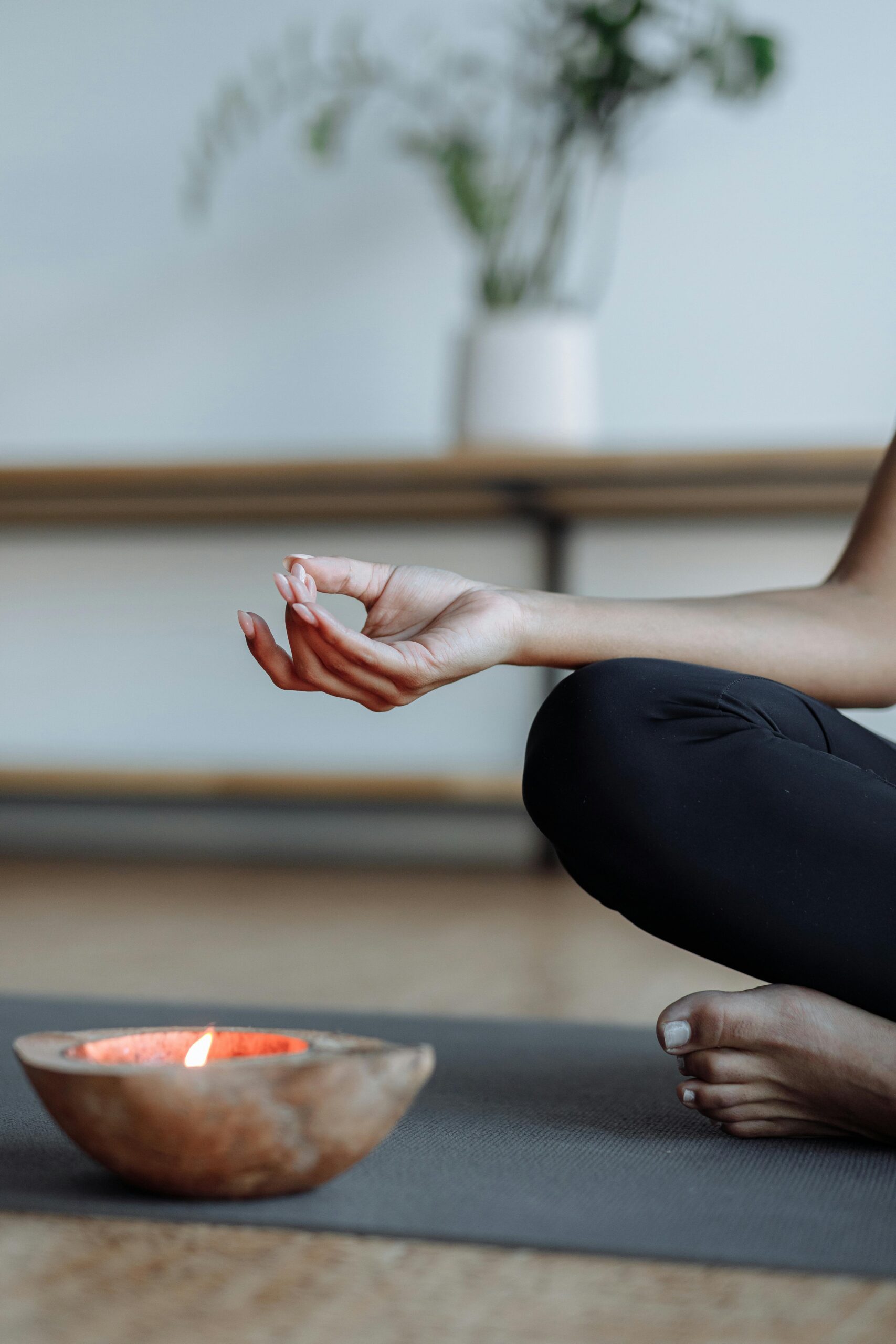The Timeless Practice of Yoga: A Journey Through Body and Mind
For over 5,000 years, yoga has transcended its origins in ancient India to become a global phenomenon, revered for its holistic approach to well-being. Far more than a physical exercise, yoga intertwines movement, breath, and meditation to cultivate harmony between the body, mind, and spirit. In today’s fast-paced world, its relevance has only grown, offering a sanctuary from stress and a path to self-discovery. This article explores yoga’s multifaceted nature, from its philosophical roots to its modern adaptations, and examines how its principles can enhance physical health, mental clarity, and emotional resilience. Whether you’re a seasoned practitioner or a curious beginner, understanding yoga’s depth reveals why it remains a timeless tool for transformation.
The Philosophical Foundations of Yoga
Yoga’s essence lies in its philosophy, rooted in texts like the Vedas, Upanishads, and Patanjali’s Yoga Sutras. Patanjali’s eightfold path—Ashtanga—outlines ethical guidelines (yamas and niyamas), physical postures (asanas), breath control (pranayama), and meditative practices leading to self-realization. These principles emphasize balance, discipline, and mindfulness, framing yoga as a lifestyle rather than a workout. Modern practices often focus on asanas, but the philosophy reminds us that true yoga integrates intention, compassion, and awareness into daily life. Understanding this foundation enriches the practice, transforming it from a routine into a meaningful journey of inner growth.
Physical Benefits: Strength, Flexibility, and Beyond
While yoga’s physical benefits are widely celebrated, their scope is often underestimated. Regular practice:
- Enhances flexibility by lengthening muscles and improving joint mobility,
- Builds functional strength through poses like Plank, Chaturanga, and Warrior sequences,
- Boosts cardiovascular health with dynamic styles like Vinyasa or Power Yoga,
- Corrects posture by strengthening core and back muscles.
Studies also link yoga to improved lymphatic drainage and reduced inflammation. Unlike high-impact workouts, yoga’s low-risk approach makes it accessible to all ages and fitness levels, proving that strength and vitality need not come at the expense of the body’s longevity.
Mental and Emotional Resilience Through Mindfulness
Yoga’s impact on mental health is profound. By synchronizing breath with movement, it activates the parasympathetic nervous system, reducing cortisol levels and alleviating stress. Techniques like pranayama (alternate nostril breathing) and meditation enhance focus, while poses such as Child’s Pose or Legs-Up-the-Wall promote relaxation. Research shows consistent practice can mitigate symptoms of anxiety, depression, and PTSD by fostering emotional regulation. Moreover, yoga encourages self-compassion—a shift from self-criticism to acceptance. This mindfulness cultivates resilience, empowering individuals to navigate life’s challenges with clarity and calm.
Yoga in the Modern World: Adaptation and Accessibility
Today, yoga evolves to meet diverse needs. Hybrid styles like Aerial Yoga, Hot Yoga, and Trauma-Informed Yoga cater to specific preferences, while apps and online platforms democratize access. However, this modernization raises questions about cultural appropriation versus appreciation. Respecting yoga’s roots while adapting its teachings ensures its integrity remains intact. Communities worldwide now use yoga in schools, workplaces, and rehabilitation centers, proving its versatility. Whether practiced in a studio or a living room, yoga’s core purpose endures: to unite individuals with their inner selves and foster collective well-being in an increasingly fragmented world.
Conclusion: Embracing Yoga as a Lifelong Companion
Yoga is more than a trend—it’s a timeless practice that adapts to serve humanity’s evolving needs. From its philosophical depth to its tangible physical and mental benefits, yoga offers a blueprint for holistic health. By honoring its roots while embracing innovation, practitioners can harness its power to build strength, find peace, and cultivate mindfulness. Whether seeking relief from chronic pain, stress, or existential unrest, yoga provides tools to thrive in complexity. As we move forward, let yoga be not just an exercise, but a companion guiding us toward balance, compassion, and a deeper connection to life’s rhythm.
